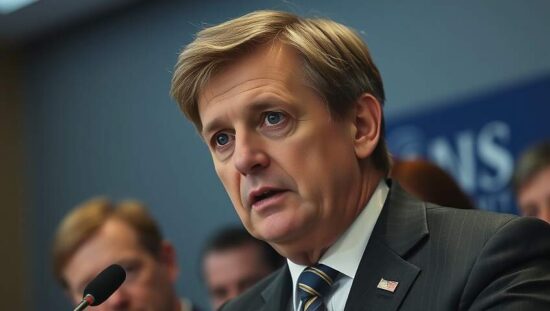Following a meeting of the Coalition Committee, the Social Democratic Party (SPD) parliamentary group maintains its expectation of a nationwide reduction in electricity taxes within the current legislative term. Dirk Wiese, Parliamentary Director of the SPD parliamentary group, stated to the “Rheinische Post” that the reduction in electricity tax for all citizens is “clearly stipulated in the coalition agreement.
Wiese added that the Coalition Committee reaffirmed this position, emphasizing that approximately ten billion euros in already counterbalanced relief measures for businesses and consumers send an important signal. He affirmed the commitment to “enable perceptible relief now and in the coming years” stressing that the coalition is implementing these measures “step by step while keeping a close eye on the financial situation.
However, Dennis Radtke, federal chairman of the German Trade Union Confederation (CDU), criticized the governing coalition for not fulfilling a key election promise regarding the electricity tax reduction for consumers. Speaking to “Bild” Radtke asserted that the coalition’s responsibility extends beyond advancing Germany to restoring lost public trust. He expressed his expectation that the promised electricity tax reduction for all would be implemented fully.
Ramona Pop, board member at the Federation of German Consumer Organizations (VZBV), characterized the Coalition Committee’s decision as a setback for consumers. In an interview with the “Rheinische Post” Pop described the outcome as a “huge disappointment” urging the coalition to avoid pitting businesses against consumers.
Pop further argued that consumers, facing years of rising living costs, require tangible relief. She highlighted the crucial role of private consumption, accounting for over 50 percent of Germany’s gross domestic product, in supporting the national economy. “Only when people have confidence and financial resources can the economy grow” Pop stated, emphasizing that the electricity tax reduction “must also benefit consumers”.





